|
By SURJ Bay Area
Norman Williams was sentenced to life for stealing a car jack from the back of an open tow truck. Charles Ramirez got a life sentence for stealing a car radio. Vincent Rico, too, for the petty theft of two pairs of children’s shoes from a department store. Why such harsh sentences? All were sentenced under California’s Three Strikes Law, which made it mandatory for anyone convicted of three felonies to serve 25 years to life sentences if any two of the crimes were considered serious or violent. By Heather Millar I’ve always known that my mother’s side of the family came from the South. They were plantation owners. They enslaved Africans. After the Civil War, they joined clubs like the “Daughters of the Confederacy.” My mother used to tell stories about her great-great-grandmother going to college, taking an enslaved teenager as a servant. By SURJ Bay Area Throughout February 2021, SURJ Bay Area celebrated Black History Month by highlighting the stories of Black individuals with disabilities, joining others in the #DisabledBlackHistory hashtag on social media. Here is a collection of those posts, beginning with Black American Sign Language and presenting short profiles of some familiar and some lesser-known figures. #BASL Black American Sign Language, BASL, or Black Sign Variation is a dialect of American Sign Language (ASL) used most commonly by deaf African Americans in the United States. Because of 1954’s Brown v. Board of Education Supreme Court decision, “separate but equal” was ruled unconstitutional and schools were desegregated, including schools for deaf children. It then became apparent that Black students had learned a variation of ASL, now called Black American Sign Language. BASL differs from ASL by phonology, syntax, and vocabulary, uses variations on ASL words, sometimes requires a larger signing space, uses two-handed variants of signs, and uses words taken directly from African American Vernacular English. By Micki Luckey Showing Up for Racial Justice partners with BIPOC-led organizations, supporting their efforts and following their lead. What do our partners do and how do we show up for Black, Indigenous, and People of Color? How does accountability manifest in these relationships? This article is part of a series exploring these questions in depth for the fifteen community partners of Bay Area SURJ. 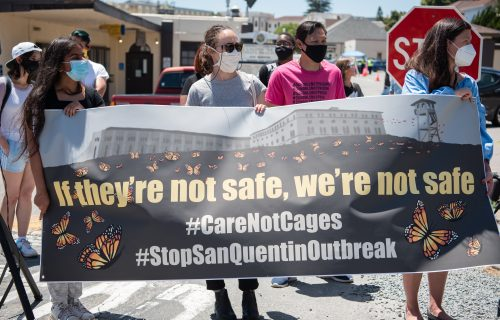 At a demonstration at San Quentin sponsored by EBC and Restore Justice, protestors hold a banner that states “If they’re not safe, we’re not safe” showing their emphasis on working with the people who are directly impacted by incarceration and in particular, by the outbreak of COVID-19 in prisons. Photograph by Brooke Anderson, Movement Photographer. By Heather Millar
I really couldn’t believe it when my next-door neighbor said it. “I’m selling my house,” she told me a couple weeks ago as we stood on the path between our houses. “They’re going to be taking pictures. I’m wondering — would you mind taking down your ‘Black Lives Matter’ sign when the photographer comes?” By Star Zagofsky I recently watched Whose Vote Counts, Explained, a 3-episode Netflix series about voting that should be required viewing for anyone interested in racial justice. The first episode, “The Right to Vote,” starts things off with a long list of eye-opening facts like how, until the mid 1800s, it was common for non-citizens to vote in US elections. As it turns out, many voting restrictions that seem normal in the US are, in fact, not. Today more than 45 countries permit non-citizens to vote, and in 35 countries either all or most people convicted of felonies can vote, even while in prison. So why is the US different? Originally published in Common Dreams. Author: Ifoma Modibo Kambon (also known as Daryel Burnett, CDCR #B60892). I am a survivor the terrible disease of Covid-19 at Folsom State Prison. I am a survivor of the terrible negligence and deliberate indifference of individuals responsible for my care. This experience reaffirmed for me that our lives simply don’t matter. I am one of the voices and numbers assigned to a cage, a cot, a shelf, in my human warehouse. My legal name is Daryel Burnett. My California Department of Rehabilitation and Corrections (CDCR) number is B60892. My physical body has been imprisoned for 46 years. But my spirit is strong, free, and resilient. I too laugh, smile, feel, care, and love. I hold a profound respect for humanity. I am a father, son, brother, uncle, nephew, and friend. I dare to challenge people outside these walls to see and judge me through a humanistic prism. By Heather Millar
Like most people in this country, I’ve been arguing a lot this year. Pointing out racism and lack of empathy on social media. Bristling a bit when made aware of my own racist missteps. Doomscrolling and raging against the headlines. I’ve been a journalist for most of my life, though I’m now pandemically unemployed. Among many other things, I’ve covered jails and prisons, politics and social policy. I thought I “got” this country’s racism. I knew it was foundational to our nation’s problems, central to our history. I volunteered regularly; protested occasionally. By Felicia Gustin
...But will Donald Trump Destroy the Postal Service? For most of my life, like most people, I pretty much took the post office for granted. I wrote a letter, put it in an envelope, slapped on a stamp, dropped it in the mailbox, and off it went, thousands of miles away for mere cents. By Eli Kaplan The moratoriums on evictions in California will end soon, and renters across California who were unable to pay rent during the COVID-19 emergency will suddenly face months of back rent and the possibility of homelessness. Millions of people have lost their jobs, and with huge numbers of tenants potentially facing eviction, we need to act now to protect renters and keep people off the street. |
Find articles
All
Browse by date
July 2024
MEDIUM |
© COPYRIGHT 2017-2024 SURJ BAY AREA. ALL RIGHTS RESERVED.

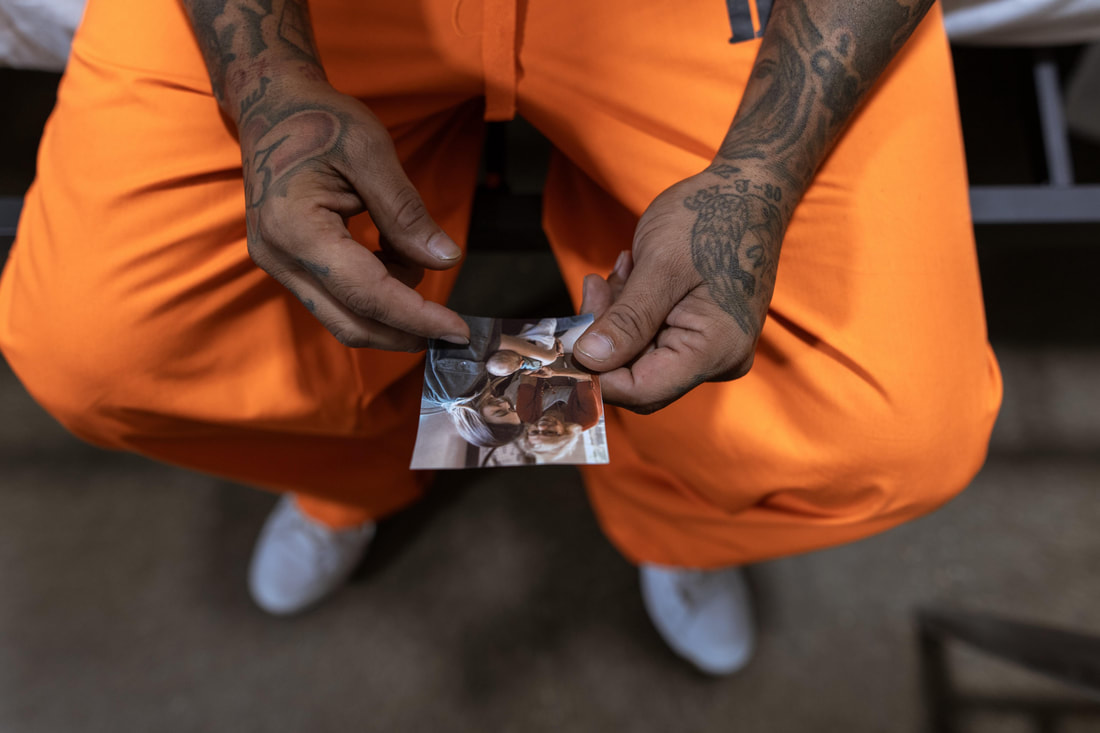
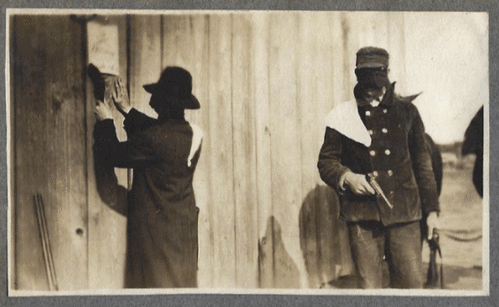
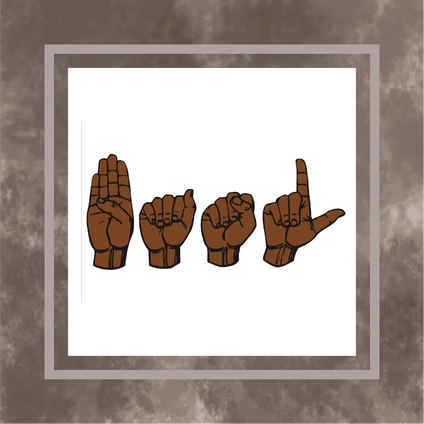

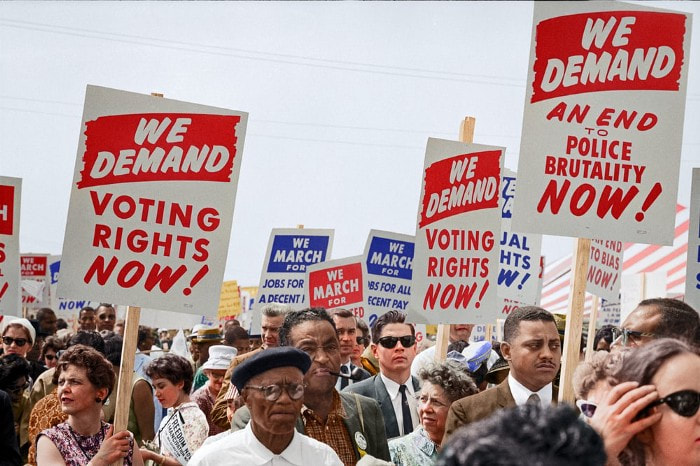
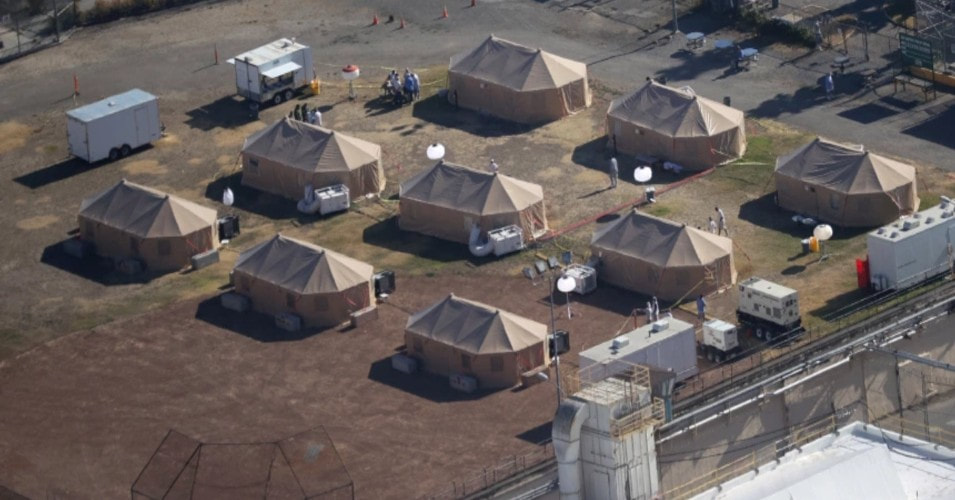
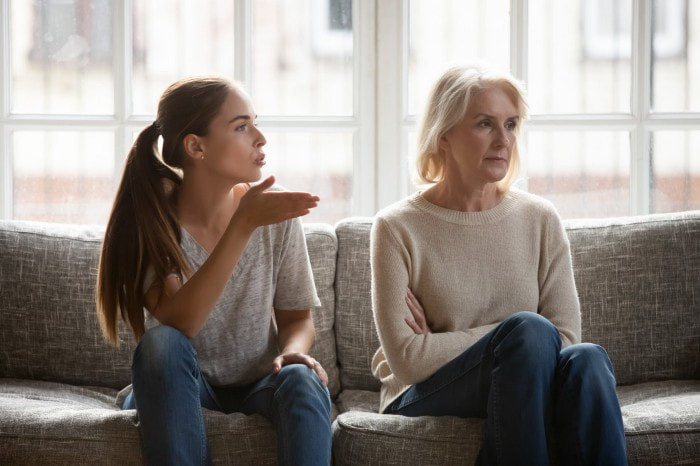
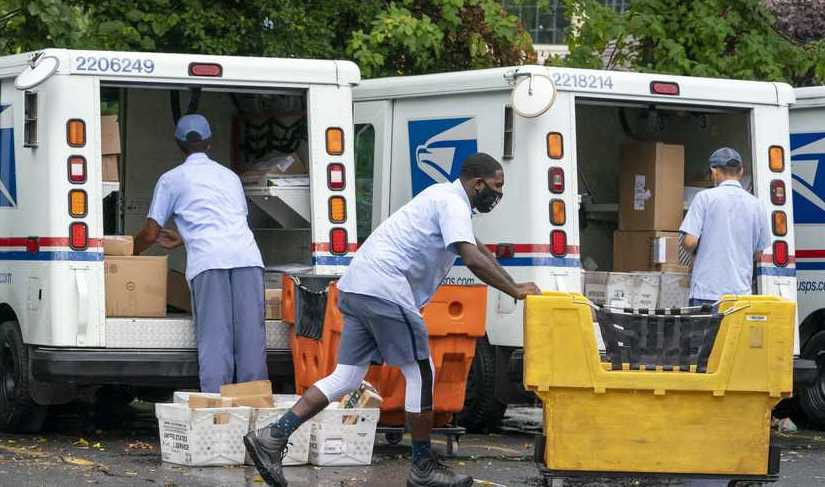
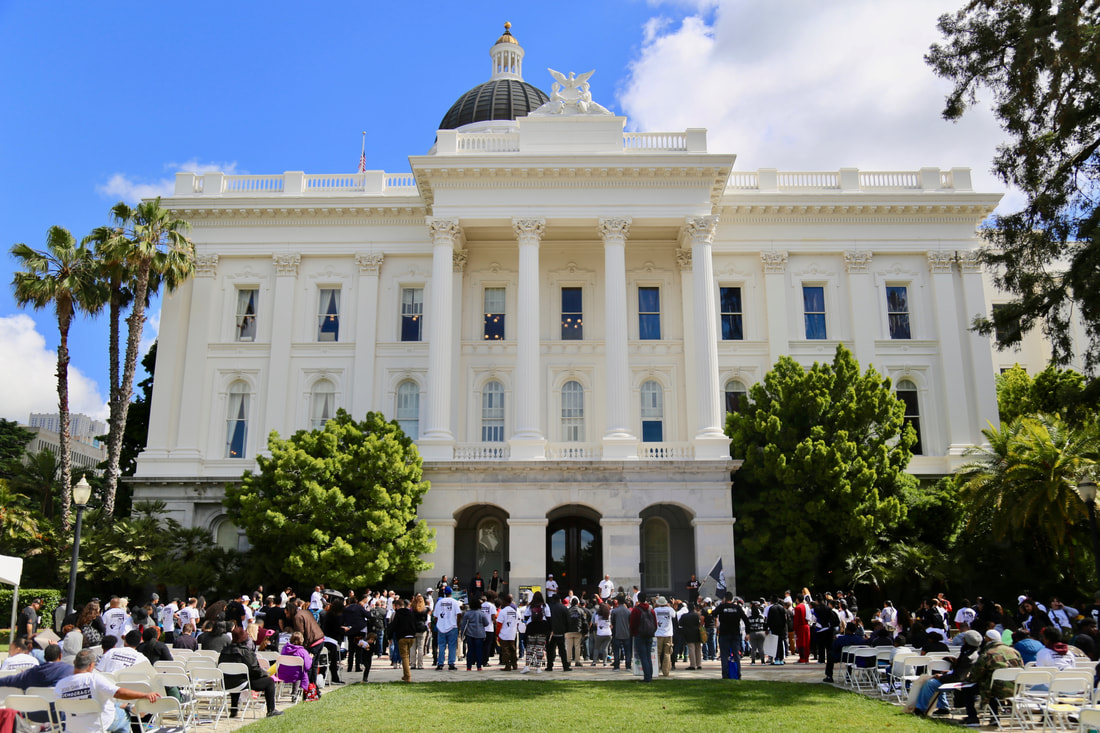

 RSS Feed
RSS Feed